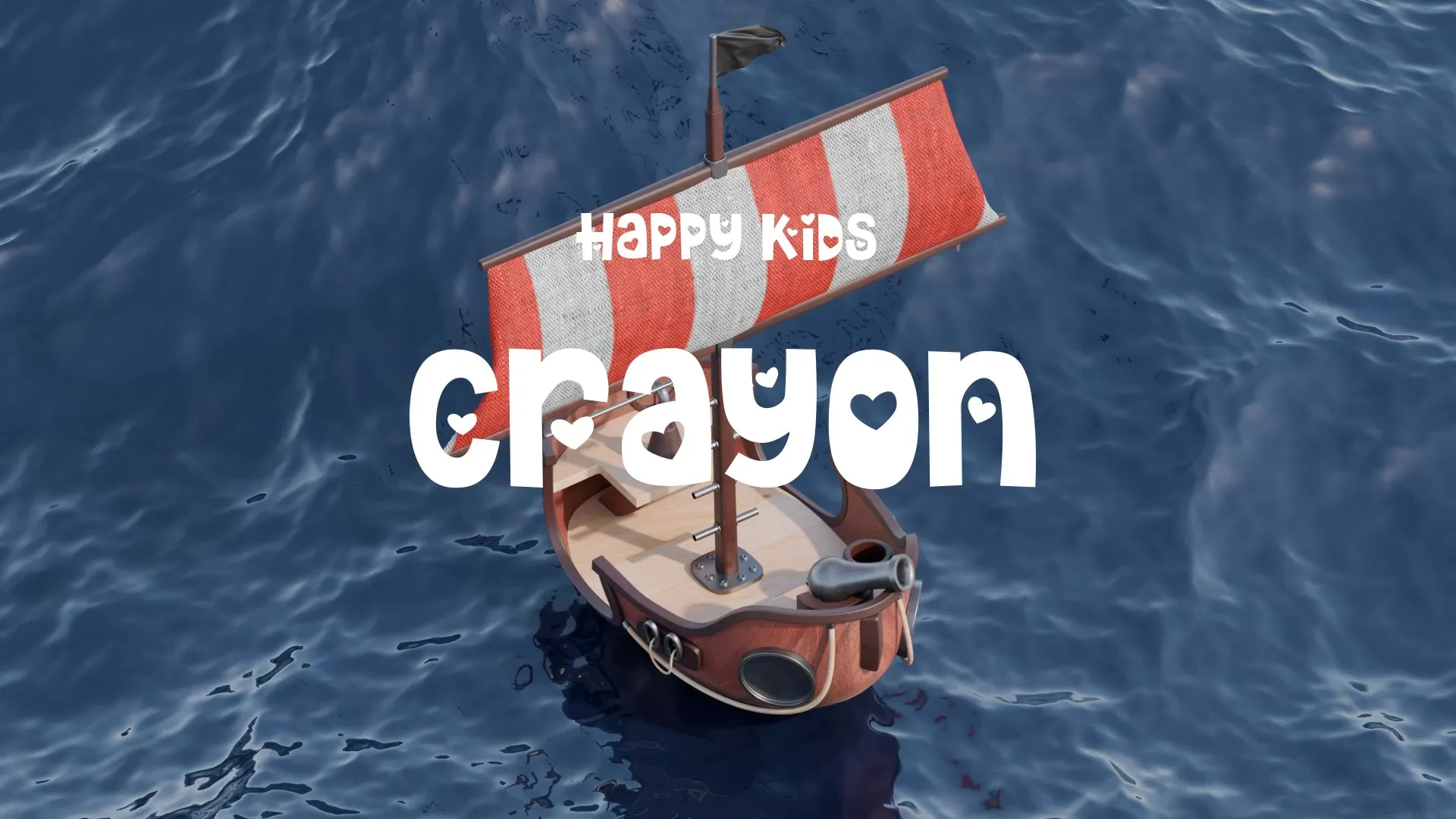Indie Game Financials: A Guide to Budgeting, Taxes, and Platform Fees
Navigating the financial landscape of indie game development can feel daunting. Beyond creative vision, understanding budgeting, taxes, and platform fees is crucial for long-term success and sustainability. This guide breaks down these essential financial elements for indie developers.
Crafting Your Indie Game Budget
Effective budgeting is the cornerstone of any successful indie game project. It allows you to allocate resources wisely and avoid unforeseen financial crises.
Start by listing all potential expenses, from development software and asset purchases to marketing and launch costs. Break down your budget into categories like personnel, tools, marketing, and legal fees.
Factor in unexpected costs by allocating a contingency fund, typically 10-20% of your total budget. This buffer protects against scope creep or unforeseen technical challenges.
One common pitfall is underestimating time and cost for sound design, localization, and quality assurance. These are critical components that often get overlooked in initial budget planning.
Research average costs for similar indie games and consult other developers to refine your estimates. Tools like Wayline’s Forecast can help estimate revenue, taxes, and potential profits, aiding your budgeting process.
Understanding Indie Game Tax Obligations
Taxes are an unavoidable part of running an indie game studio, even as a solo developer. Ignoring them can lead to significant penalties.
Your tax obligations depend heavily on your legal structure (sole proprietor, LLC, etc.) and your country/state of residence. Consult with a tax professional specializing in small businesses or creative industries early on.
Keep meticulous records of all income and expenses. This documentation is vital for accurate tax filing and potential audits.
Sales tax (or VAT/GST) on game sales is a complex area, especially with digital distribution. Different regions have different rates and reporting requirements based on where your customers are located.
Many countries offer tax credits or incentives for research and development (R&D) or creative industries. Investigate if your game development activities qualify for any of these benefits.
Common pitfalls include not setting aside enough money for taxes throughout the year and misunderstanding international tax laws for digital products. Proactive planning is key.
Managing Platform Fees and Revenue Share
Digital distribution platforms are essential for reaching players, but they come with their own financial structures. Understanding platform fees is critical for accurate revenue forecasting.
Create a free account, or log in.
Gain access to free articles, game development tools, and game assets.















.webp)







